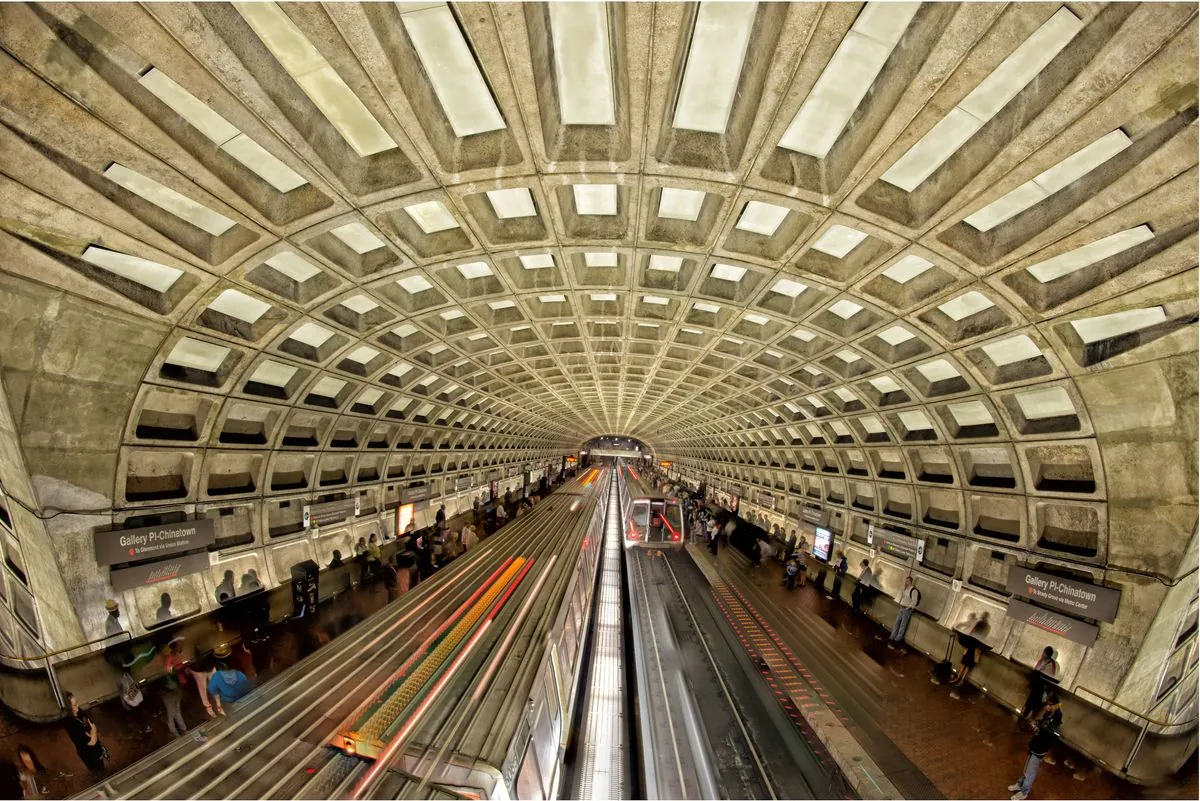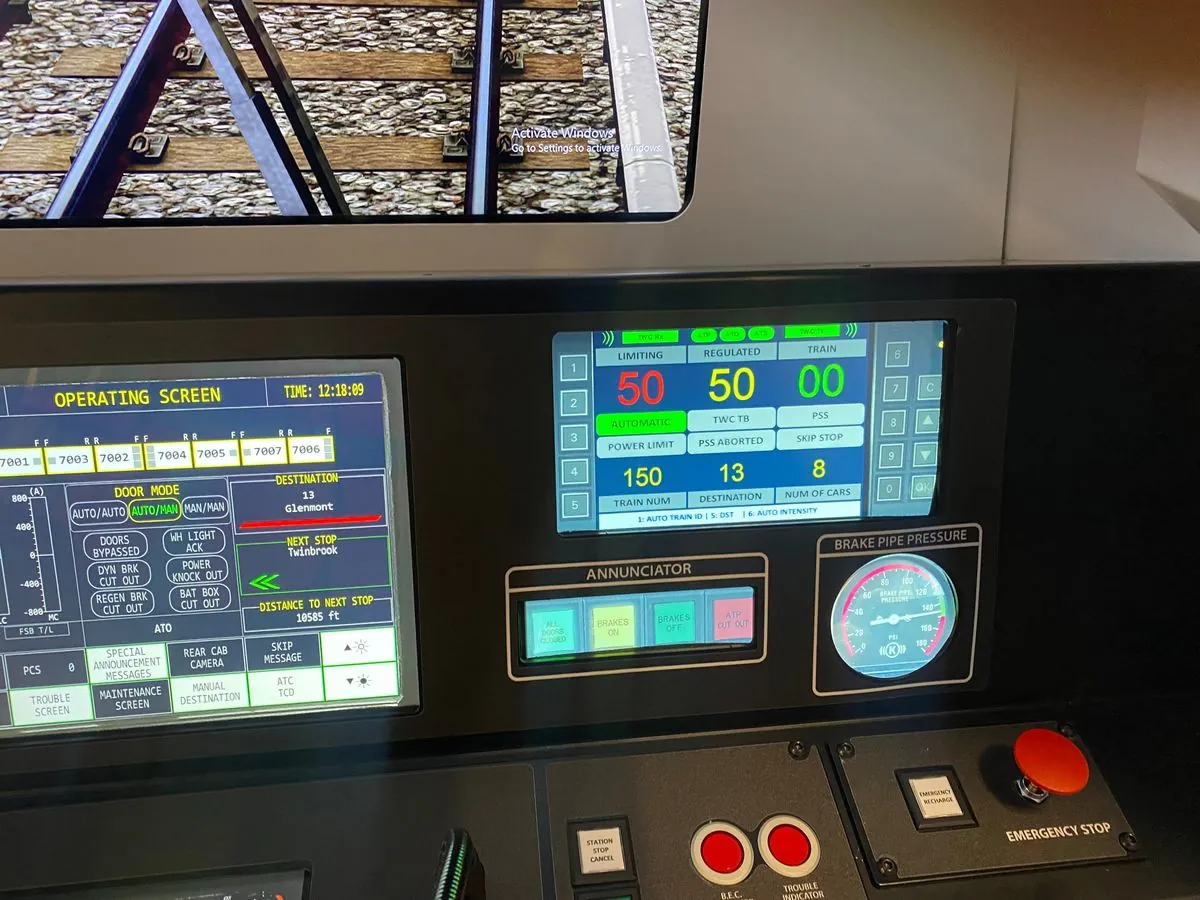D.C. Metro Safety Watchdog Tackles Fatigue-Related Incidents
D.C. Metro's safety commission addresses rising close calls and fatigue-related incidents. Recent events highlight the need for stricter rest rules and improved safety measures in the transit system.

The Washington Metrorail Safety Commission is intensifying efforts to address safety concerns in the D.C. Metro system, focusing on employee fatigue and recent close calls. This initiative comes in response to a series of incidents that have raised alarms about the system's safety protocols.
One notable event occurred on September 10, 2023, when an Orange Line train exhibited erratic behavior, skipping stations and operating irregularly. The incident, attributed to an operator who had consumed alcohol and had insufficient rest, has prompted the safety commission to explore stricter fatigue management rules.
Robert Lauby, a board member, emphasized the urgency of the situation, stating, "There's nothing in place to keep a train operator from working as many consecutive days as he wants." This concern is underscored by the fact that public transit lacks standardized rest periods between shifts, a unique situation among transportation modes.
The safety commission reports an increase in red light overruns, with 11 incidents in the first seven months of 2024, compared to 9 in the entire previous year. Several near-misses have occurred, with trains stopping less than 400 feet apart in some cases.

These incidents highlight systemic issues within the Metro system:
- Insufficient rest periods for workers
- Lack of familiarity with station layouts among some operators
- Inadequate screening for fatigue and intoxication
- Challenges in implementing safety improvements due to union negotiations
The Metro system, which opened in 1976, has not experienced a fatal crash since 2009. However, the recent uptick in safety incidents has raised concerns about the potential for more serious accidents.
"This sounds like a step backwards. This is making life more dangerous rather than less dangerous for the roadway workers."
This statement was in response to Metro's decision to increase speed limits in work zones from 15 mph to 35 mph, a move that has been criticized for potentially endangering maintenance workers.
The safety commission is also investigating a September 2023 derailment near Reagan National Airport, caused by a loose brake disc on one of the system's oldest trains. This incident has led to increased scrutiny of Metro's maintenance procedures.
As the third-busiest rapid transit system in the United States, the D.C. Metro plays a crucial role in reducing traffic congestion in the Washington D.C. area. However, ongoing challenges with aging infrastructure and funding for maintenance continue to pose significant hurdles for the system's safety and reliability.
The safety commission's efforts to address these issues are critical for ensuring the long-term safety and efficiency of the Metro system, which serves as a vital transportation link for the Washington metropolitan area.


































